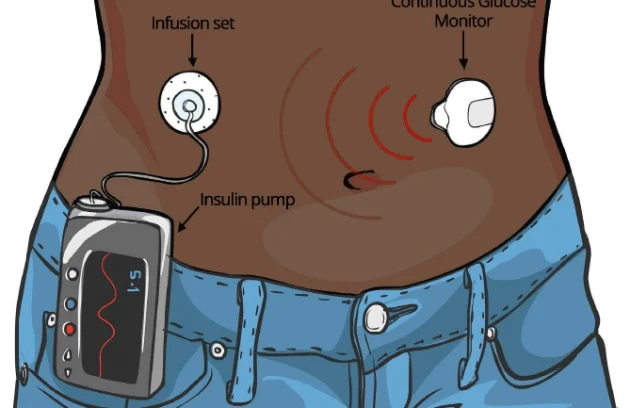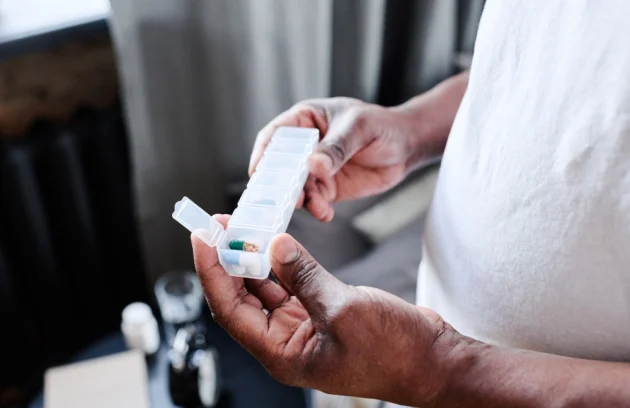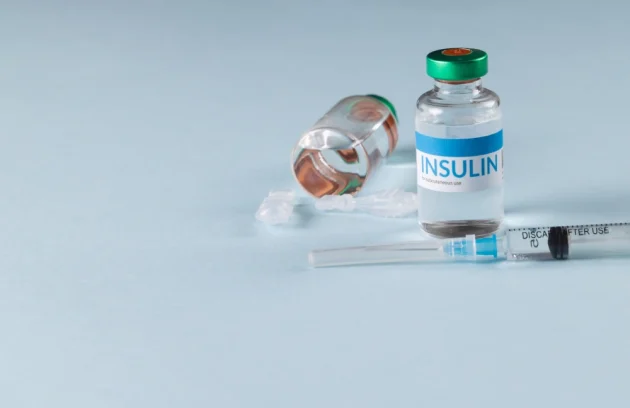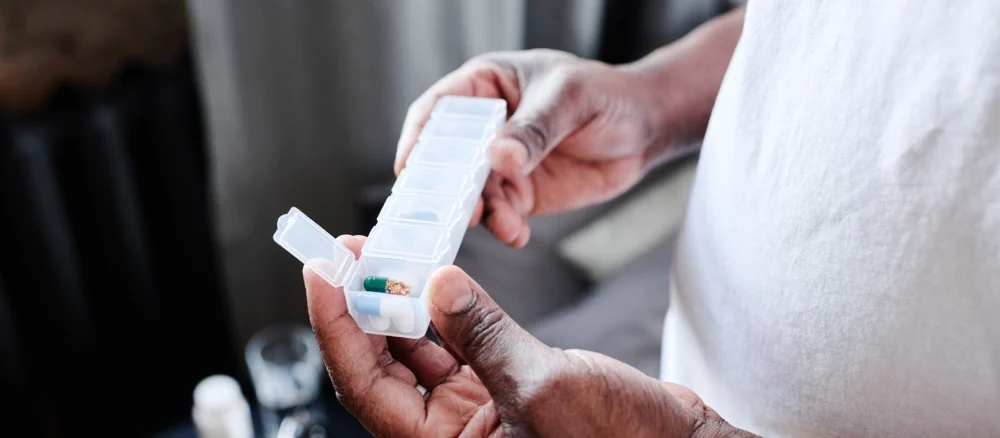- September 24, 2024
- Diabetes Kenya
- Comment: 0
- Treating Your Diabetes
Diabetes Tablets and Medication: Managing Your Condition
In Kenya, as in many other parts of the world, diabetes is becoming more common, particularly Type 2 diabetes. Managing diabetes involves multiple aspects, including healthy eating, regular exercise, and for many people, taking medication. There are various types of diabetes medications available, each working in different ways to help manage blood sugar levels. Your healthcare team will work with you to determine the best treatment plan tailored to your individual needs.
Types of Diabetes Treatments in Kenya
Your treatment for diabetes may vary depending on the type of diabetes you have. Here is a breakdown of treatment options based on diabetes type:

Type 1 Diabetes Treatments
Type 1 diabetes requires insulin therapy, either through injections or an insulin pump, as the body cannot produce insulin.

Type 2 Diabetes Treatments
People with Type 2 diabetes may take a combination of tablets, injections, and lifestyle changes such as diet and exercise. Insulin may also be required in some cases.

Gestational Diabetes Treatments
Women with gestational diabetes, a form of diabetes that occurs during pregnancy, may need lifestyle changes and medication to manage their blood sugar levels.

Other Types of Diabetes
There are other less common types of diabetes that may require a different combination of medications.
Common Diabetes Medications
Insulin
Insulin is essential for people with Type 1 diabetes and is also prescribed for some individuals with Type 2 or gestational diabetes. Insulin helps manage blood sugar levels and prevents serious health complications. In Kenya, insulin is often available in most urban health centers and pharmacies, but availability in rural areas can sometimes be limited. It is essential to ensure you have a reliable source of insulin if you need it.
Metformin
Metformin is the most common medication prescribed for Type 2 diabetes in Kenya and worldwide. It is part of a drug class known as biguanides and works by reducing the amount of glucose (sugar) released by the liver into your bloodstream. It also helps improve the efficiency of the insulin your body produces. Metformin is also commonly used for managing gestational diabetes.
Sulphonylureas
Sulphonylureas are another type of medication used to treat Type 2 diabetes. They help the pancreas produce more insulin and make your body’s insulin more effective. These medications are often prescribed when metformin is not enough or suitable for a patient.
Learn more about sulphonylureas >
Alpha Glucosidase Inhibitors
Alpha glucosidase inhibitors slow down the absorption of carbohydrates (such as bread, rice, and ugali) in the digestive system, helping to reduce post-meal blood sugar spikes. Acarbose is the only drug in this category and may be prescribed if lifestyle changes and other medications aren’t enough to control your blood sugar.
Learn more about alpha glucosidase inhibitors >
Prandial Glucose Regulators
These medications, also known as glinides or meglitinides, work quickly but for a short duration, helping your pancreas produce more insulin around mealtimes. They are particularly helpful if your blood sugar levels tend to rise sharply after meals.
Learn more about prandial glucose regulators >
Thiazolidinediones
Thiazolidinediones (also called glitazones) help improve the body’s sensitivity to insulin. Pioglitazone is the main drug in this category and may be prescribed with other diabetes medications if your blood sugar remains too high.
Learn more about thiazolidinediones >
GLP-1 Agonists
GLP-1 agonists help increase insulin production and reduce glucose production in the liver. They are especially useful for people with Type 2 diabetes who need additional help controlling their blood sugar levels.
Learn more about GLP-1 agonists >
DPP-4 Inhibitors
DPP-4 inhibitors, also known as gliptins, help protect hormones that stimulate insulin production, helping to lower blood sugar levels.
Learn more about DPP-4 inhibitors >
SGLT2 Inhibitors
SGLT2 inhibitors work by helping your kidneys remove excess sugar from your body through urine. They can also help reduce the risk of heart failure, which is common in people with diabetes.
Learn more about SGLT2 inhibitors >
Additional Medications for Diabetes Management
Weight Loss Medications
For individuals with diabetes and obesity, weight loss medications may be prescribed to help control blood sugar levels and reduce the risk of complications. Losing just 5% of your body weight can significantly improve your health.
Learn more about weight loss medications >
Statins
Statins are a medication that help you lower the bad cholesterol in your blood and protect the insides of the artery walls. You usually take them as a tablet.
Statins are often prescribed for people with diabetes because having diabetes increases the risk of heart attack and stroke.
Learn more about statins >
Blood Pressure Medications
High blood pressure increases the risk of diabetes-related complications, such as heart attack and stroke. Blood pressure medications are commonly prescribed to people with diabetes, even if their blood pressure is within the normal range, to protect their kidneys and overall health.
Learn more about blood pressure medications >
Is Diabetes Medication Free in Kenya?
Access to medication can sometimes be a challenge in Kenya, especially in rural areas. However, many essential diabetes medications, such as insulin and metformin, are subsidized in public hospitals and clinics. It’s important to speak with your healthcare team to ensure you have access to the right medication at the right time. In some areas, you may need to visit private pharmacies to get the full range of medications. Always check with your healthcare provider for the best way to access your treatment.
Final Thoughts
Managing diabetes in Kenya requires a combination of lifestyle changes and medication. It’s important to regularly consult with your healthcare team to review your treatment plan and make adjustments as needed. With the right combination of medication, diet, and exercise, many people with diabetes can lead healthy, fulfilling lives.
Remember
Managing your diabetes is a lifelong journey, and it’s essential to take control of your health by staying informed and proactive. Always ask questions, reach out for support, and never hesitate to consult your healthcare team for guidance.

Insulin Pump
Treating Your Diabetes Insulin Pumps: Everything You Need to Know An insulin pump is a small electronic device…

Tablets and Medication
Treating Your Diabetes Diabetes Tablets and Medication: Managing Your Condition In Kenya, as in many other parts of…

What Is Insulin?
Treating Your Diabetes Insulin and Diabetes: Essential Information for Managing Blood Sugar in Kenya What is Insulin? Insulin…


